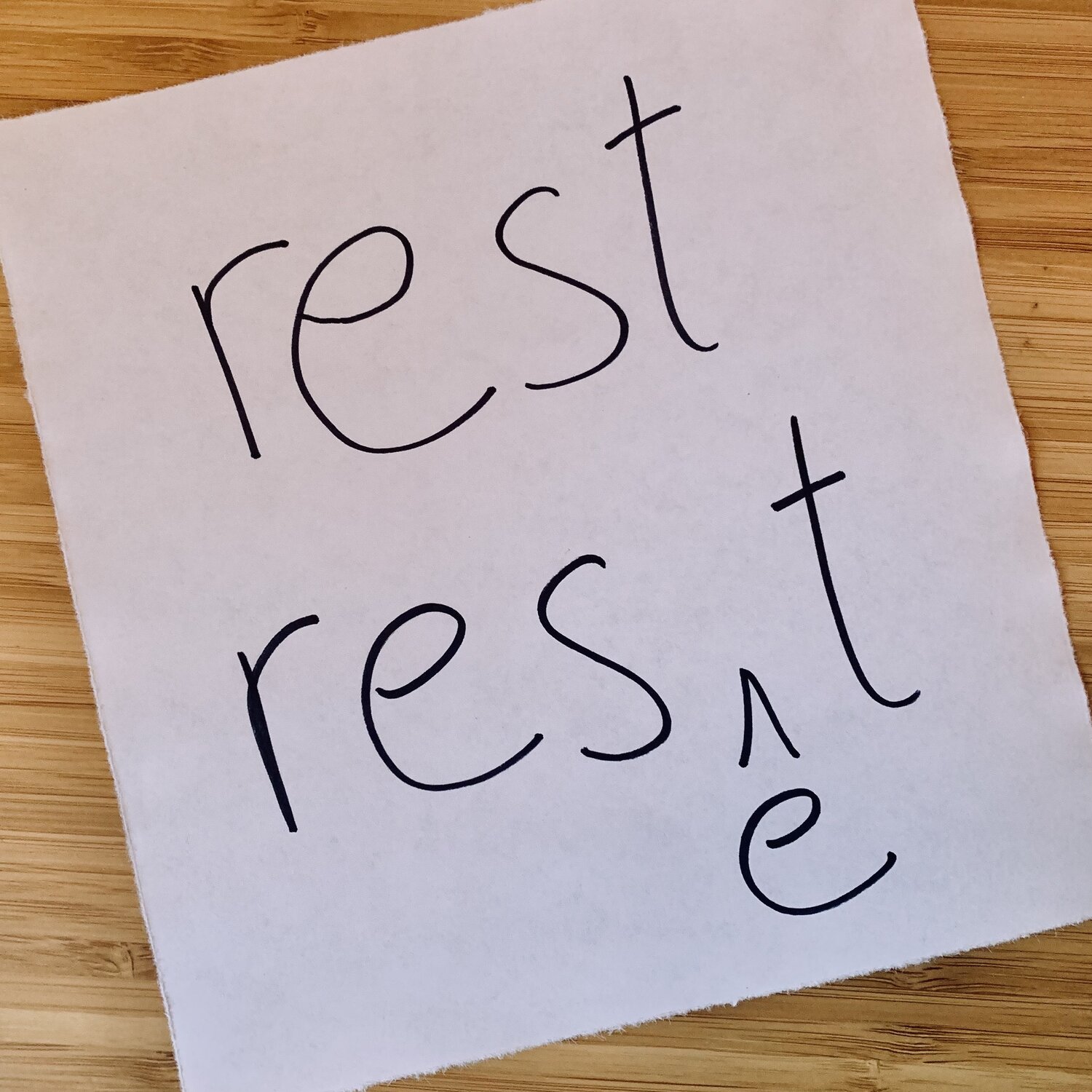
06 Jan Rest and Reset: Strategies for anti-burnout by Kellie Brungard, GPC
Burnout. That’s another buzzword like quiet quitting or hustle culture, right? Actually, burnout has been around for a long while, recognized in the healthcare and social service industries. The World Health Organization (WHO) recognizes burnout as an occupational phenomenon (though it’s not recognized as a medical condition). WHO defines burnout as “a syndrome conceptualized as resulting from chronic workplace stress that has not been successfully managed. It’s characterized by feelings of energy depletion or exhaustion, increased mental distance from one’s job or feelings of negativism or cynicism related to one’s job; and reduced professional efficacy.” In 2020, three grant professionals (Bachman, Planton, and Rodgers) set out to identify the prevalence of burnout among the grant profession. Their findings were published in the Fall 2020 Journal of the Grant Professionals Association, showing a gap in available information as well as initial research indicating more than three in four grant professionals experience physical symptoms, socio-emotional symptoms, or both, of burnout.
In the Burnout in the Grants Professional journal, survey respondents expressed, “It’s not always the actual grant writing that caused feelings of burnout, but the unrealistic expectations and piling on of work.” And that “the flow of work never stops.”
It’s a new year, and grant professionals constantly see an upcoming deadline, a great new opportunity, or a need to raise more money. Paying attention to burnout is especially important in the grants industry; communities need the expertise, knowledge, and passion to continue bringing change and services. So, how can grant professionals reset to prepare to overcome or avoid burnout in the new year?
Understanding Your Stressors
Understanding the aspects of a job that are leading to stress and burnout will help one identify strategies to address them. Here are some tips and strategies recommended by grant professionals:
- Unrealistic expectations of fundraising – evaluate what realistic fundraising would look like given available capacity and opportunities. Perhaps letting go of small or cumbersome applications would make way for larger award opportunities. Once there is an understanding and approach, reach out to a supervisor or development director to have a conversation about realistic goal-setting for grants.
- Taking every new opportunity – create a process to identify a good prospect to avoid jumping at every new opportunity when the grant calendar is already full. Create a go, no-go matrix to evaluate new grant opportunities that will help inform leadership or board members when it’s not a good fit. However, sometimes it is a great fit. Consider outsourcing special opportunities to a consultant to prepare a proposal and respect grant professional’s capacity. AGS works with organizations as overflow support for their in-house grant professionals.
Take Time to Relax
- Use paid time off in a way that supports rest and renewal – It can be tempting to bank PTO for a rainy day or family trip. Keep in mind employers set aside this time to give employees the time to rest and relax, so use it! One strategy is to take one day a month or quarter just for relaxation. Personally, I’m having a slow morning, reading a good book, and going for a hike. If time allows, schedule personal days after a big deadline for space to decompress.
- Respect working hours – As a salaried or remote employee, blending work time with personal time can be easy to do and a sure way to give burnout a way in. While working into the evening hours to get ahead on a project may seem like the only answer, the long-term effect of this habit will be negative. If long hours are necessary to complete a project, talk with a supervisor about flex time to support work/life balance.
Recognize the Signs of Burnout
Experiencing changes in physical symptoms can be indicative of burnout; consider seeing a primary care doctor or a mental health professional. Don’t ignore the symptoms and assume they don’t matter. YOU matter!
- Insomnia
- Physical exhaustion
- Changes in eating habits
- Anxiety and depression
- Headaches and stomachaches
If you are interested in grant services, training, or exploring how AGS can support overflow grant work, Julie Assel, CGMS, GPC, President/CEO, will be happy to talk with you about this and provide you with a quote for grant services.
This blog post is aligned with the Grant Professional Certification Institute’s Competencies and Skills.
Competency #7: Knowledge of practices and services that raise the level of professionalism of grant developers
Skill 7.3: Identify strategies that grant developers use in building social capital to benefit their communities and society at large.
